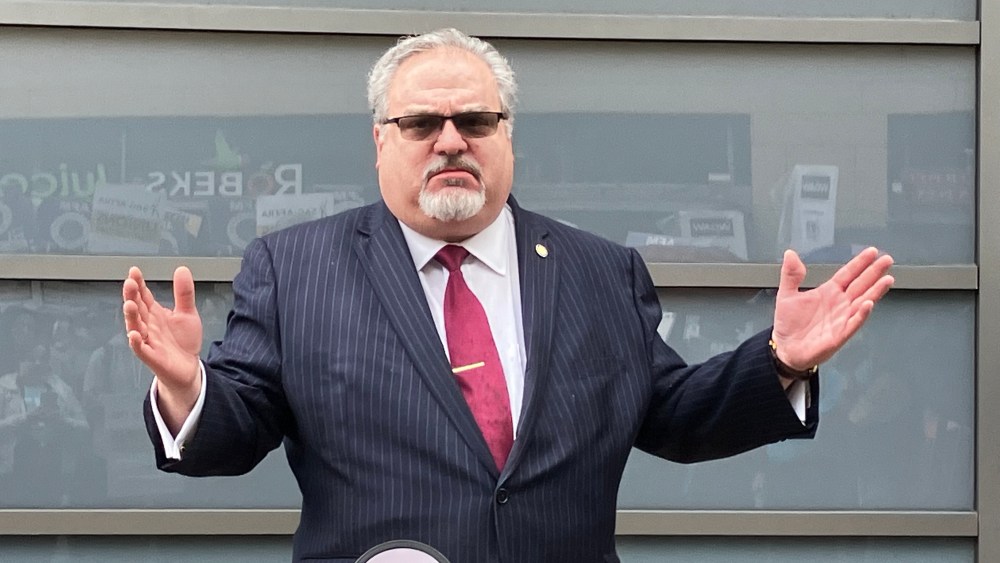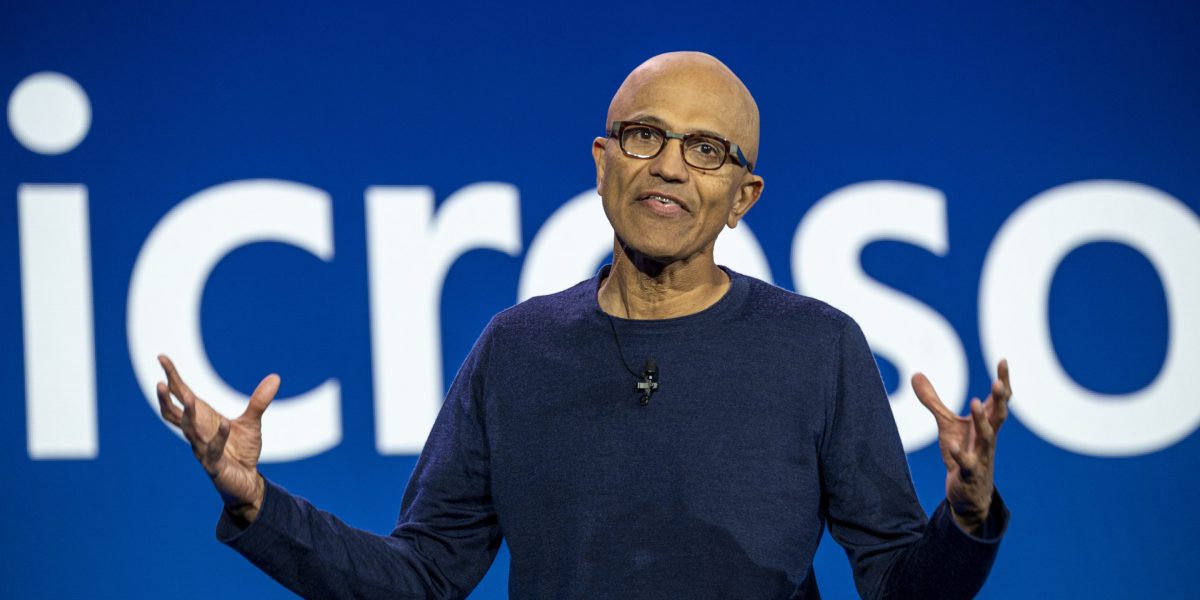The new contract between the major studios and the American Federation of Musicians has been officially ratified, incorporating provisions for streaming residuals and safeguards against artificial intelligence. This agreement, following extensive negotiations over 12 days in January and February, aligns closely with the terms secured by the Writers Guild of America and SAG-AFTRA in their recent strikes.
Tino Gagliardi, the international president of the union, hailed the deal as a significant triumph for musicians who have historically been undervalued in the digital era. Notably, the agreement emphasizes that musicians must be recognized as human beings in the context of artificial intelligence. It permits AI utilization for musical performances, with compensation allocated to musicians whose work influences the AI system.
Marc Sazer, the vice president of AFM Local 47, emphasized the role of AI as a complementary tool for composers’ creative endeavors while underscoring the continued employment of musicians. The agreement also introduces a novel residual structure for high-budget streaming productions, ensuring that musicians receive fair compensation. The residual pool, starting at $350 per episode, will be distributed among the musicians involved, with orchestrators and arrangers receiving a larger share.
Additionally, the contract outlines provisions for electronic multi-tracking and sets guidelines for AI-generated music, stipulating specific compensation rates based on the duration and nature of the musical contributions. The union’s efforts to secure more favorable residuals based on actual compensation were met with some compromises, leading to the adoption of a formula that both parties found acceptable.
While conceding certain points to the studios, such as permitting more overseas scoring of TV shows under a “banking and exchange” provision, the union maintained its stance against extensive cross-fertilization between TV and film productions. The agreement also expands the scope of “clip use,” allowing studios to license up to three minutes of music from one production to another, a slight increase from the previous limit of two minutes.









